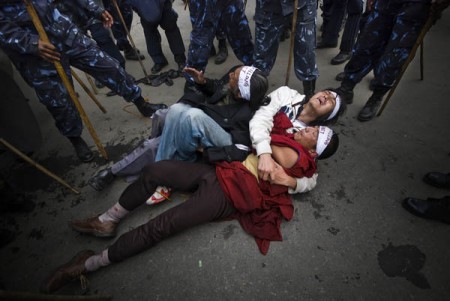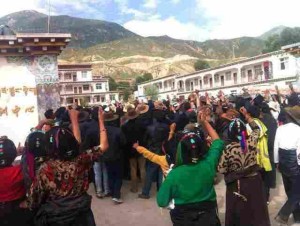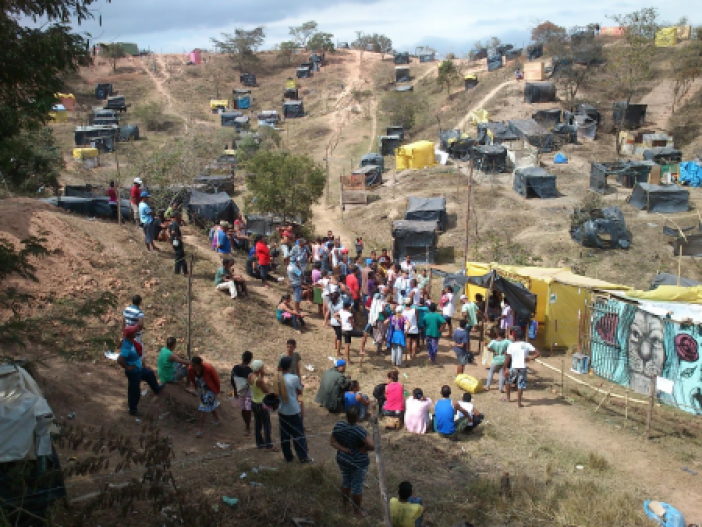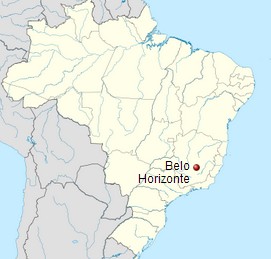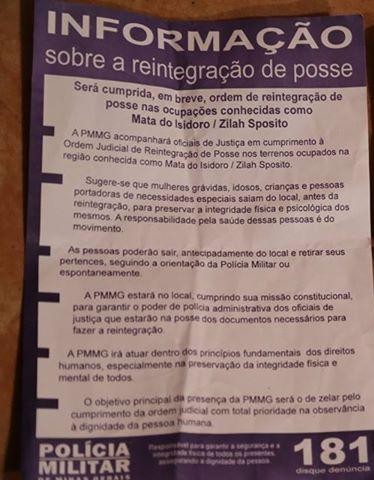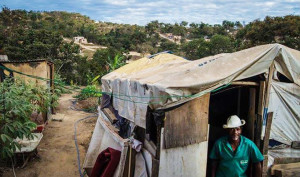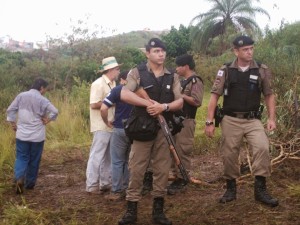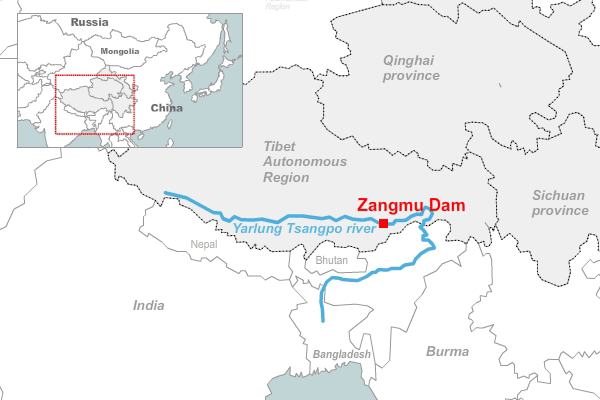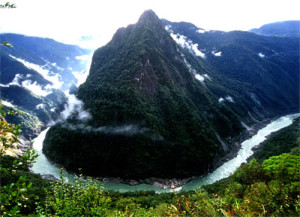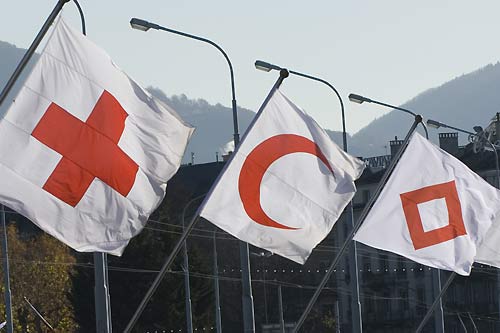Russia has sent a humanitarian convoy toward Ukraine. The convoy was to cross the border Wednesday, but has unexpectedly changed course. Currently, no Russian convoy is at the planned border crossing. The current course of the convoy is unknown. The Red Cross, reported to be acting with Russia on the humanitarian mission, has stated that they are “not in charge of this convoy at the moment,” and Ukrainian forces have been dispatched toward another border crossing near Krasnodon, where, Ukrainian officials have stated, the Russian convoy attempted to cross during the night.
Russia’s convoy was announced to be in participation with the Red Cross, but the Red Cross said that only that they “could be on board” but “needed to have some clarification first regarding modalities, practical steps that have to be implemented prior to a launch of such an operation.
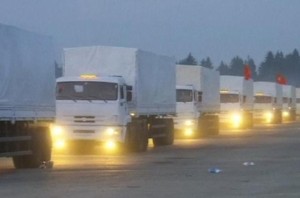 The Red Cross also stated that it would participate only “according to our own principles, according to our own modalities.”
The Red Cross also stated that it would participate only “according to our own principles, according to our own modalities.”
Russia has refused, however, to allow inspection of their large column of almost three hundred freight trucks.
The Red Cross later announced that they no were not in control of Russia’s convoy. “We’ve been told by Russian authorities that an aid convoy is heading to #Ukraine border. We’re not in charge of this convoy at the moment,” tweeted the ICRC.

Nothing has approached the planned border crossing. The convoy has switched direction toward the border near Krasnodon, Luhansk, Ukraine, according to Ukrainian sources.
Ukrinform published a report that the convoy was expected to arrive at a checkpoint in Kharkiv Wednesday but had bypassed the planned route, and that it was not clear what route the convoy would take.
Instead, the Russian convoy attempted to enter Ukraine over night by a different crossing, according to Ukrainian Presidential Administration Deputy Head Valery Chaly.
“Wednesday night… [there] was in fact an attempt to break through the Kharkiv region… It did not involve the Red Cross,” said Chaly.
Several units of the Ukrainian forces have been dispatched from Luhansk Airport to the road leading to Krasnodon, where a fierce battle is currently raging between Ukrainian forces and separatists, reportedly. The fighting involved shelling over Peremozhne village fired by separatists in Krasnodon. Numerous civilians have been reported killed.
Krasnodon and Sukhodilsk have also been used over the past months to transfer armored vehicles, including tanks, to Luhansk and Sverdlovsk. These tanks were not used, but kept hidden in abandoned factories, restorations and forested areas.
If Russia enters Ukraine by a different route, and continues to refuse inspection of its convoys, Russia may be considered to have invaded Ukraine.
Read more: Ukraine Agrees to Let Russians, Americans, Europeans Enter Ukraine for Humanitarian Mission Led by Red Cross
Monday, US President Barack Obama held a telephone conversation with Ukrainian President Poroshenko, in which the leaders agreed that “any Russian intervention in Ukraine without the formal, express consent and authorization of the Ukraine government would be unacceptable and a violation of international law.”
European Commission President Jose Manuel Barroso also warned Moscow against any unilateral military action in Ukraine, even if it took place in the context of humanitarian circumstances.
By Day Blakely Donaldson
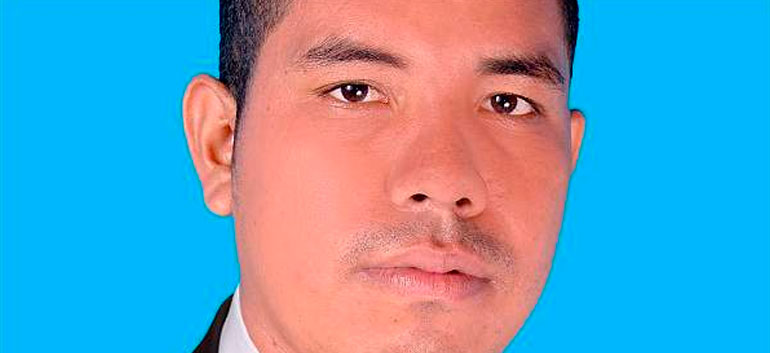
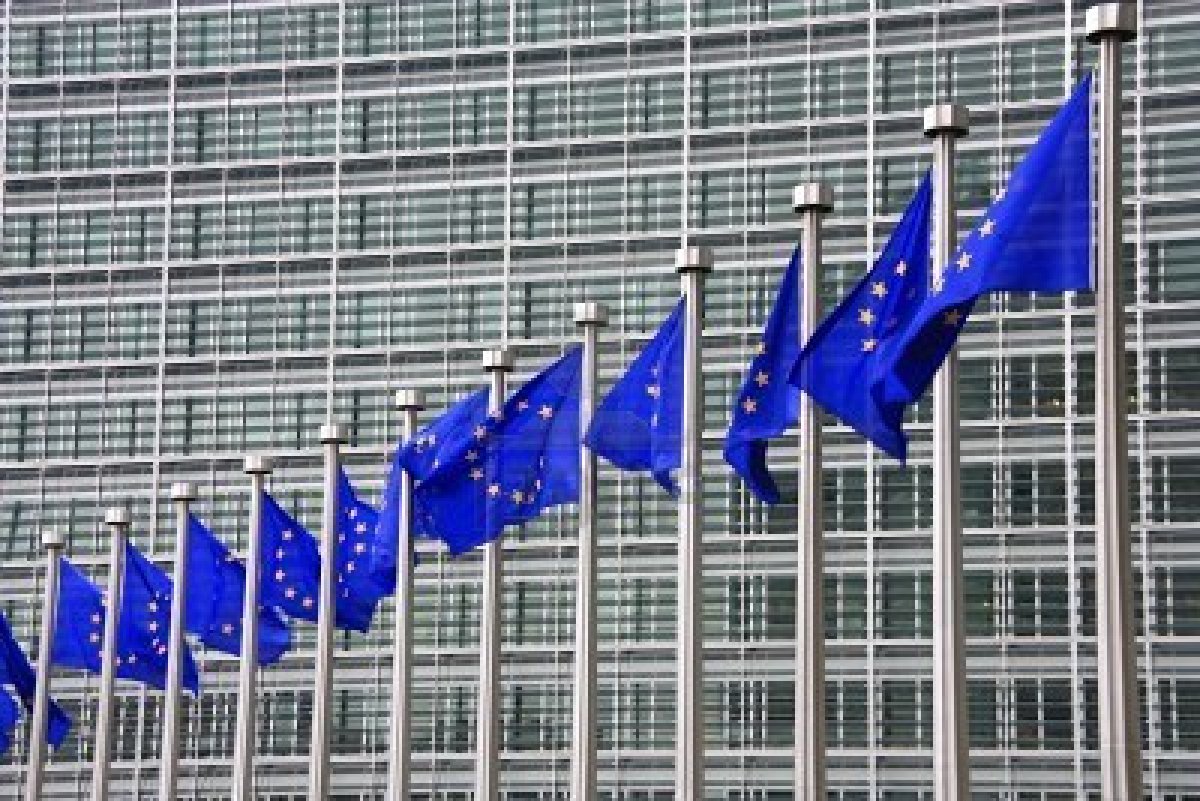
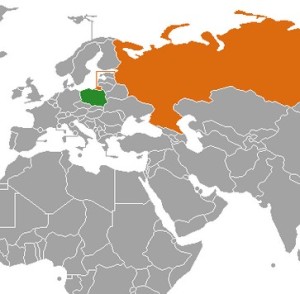
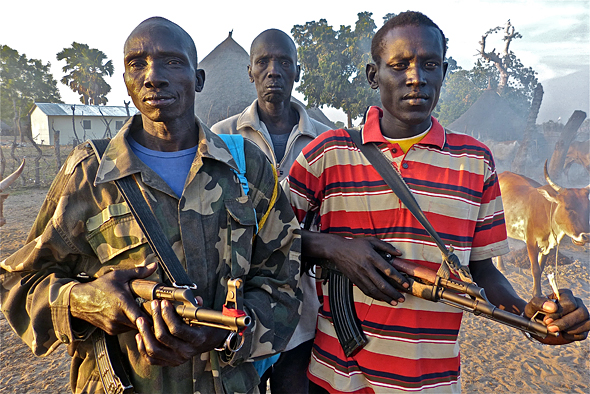
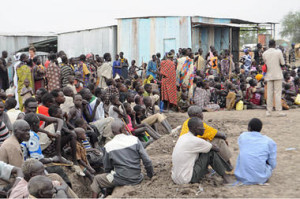
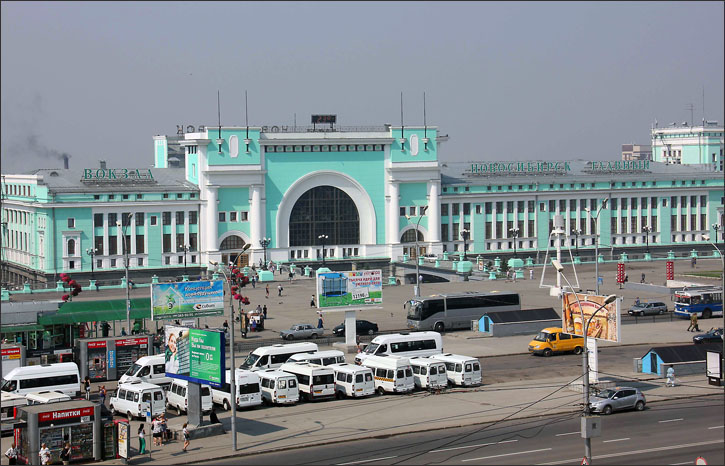
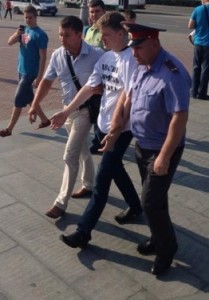
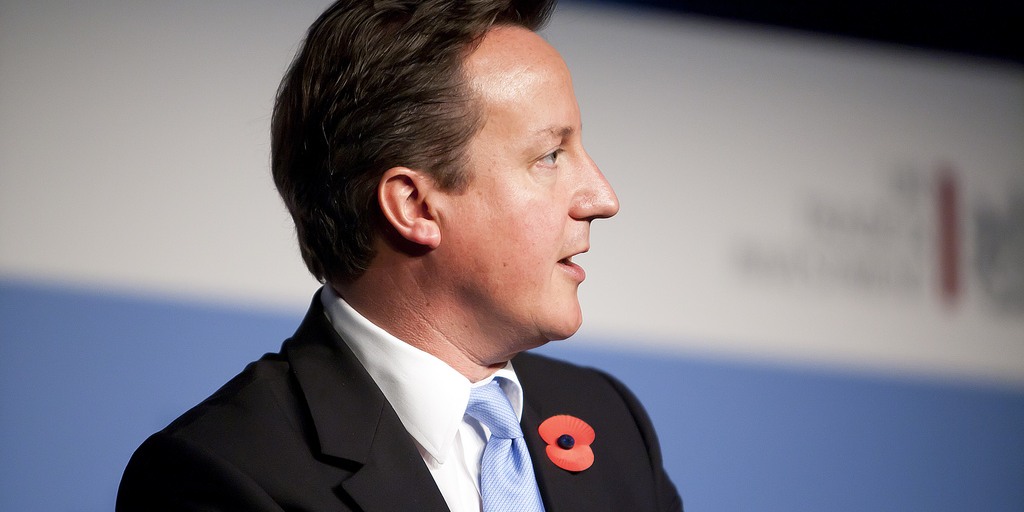
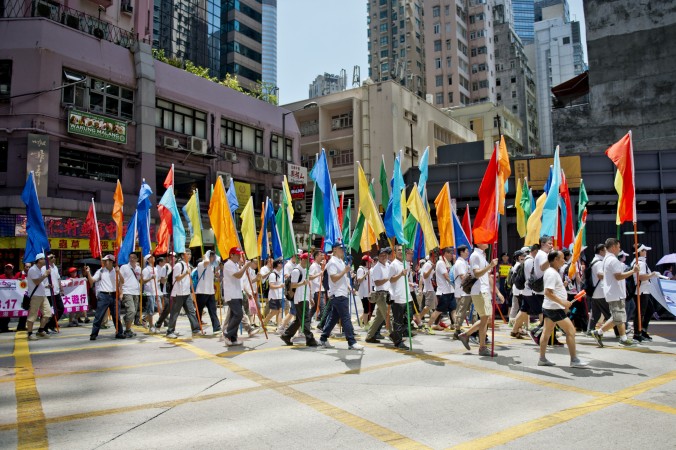
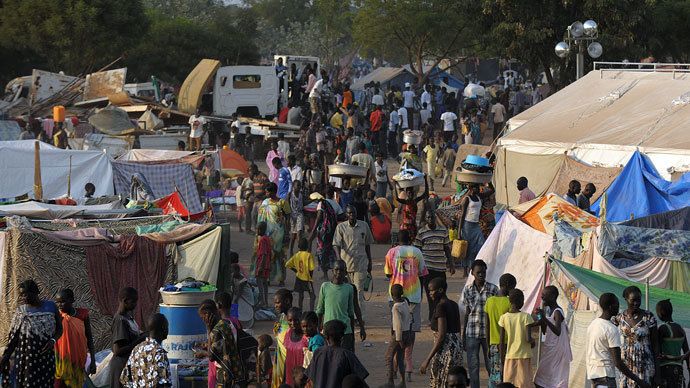
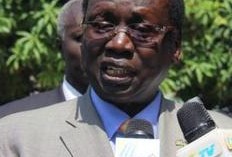 “What we need from UN Security Council andIGAD countries is that they support the peace process. South Sudan doesn’t need sanctions,” said Marial.
“What we need from UN Security Council andIGAD countries is that they support the peace process. South Sudan doesn’t need sanctions,” said Marial.